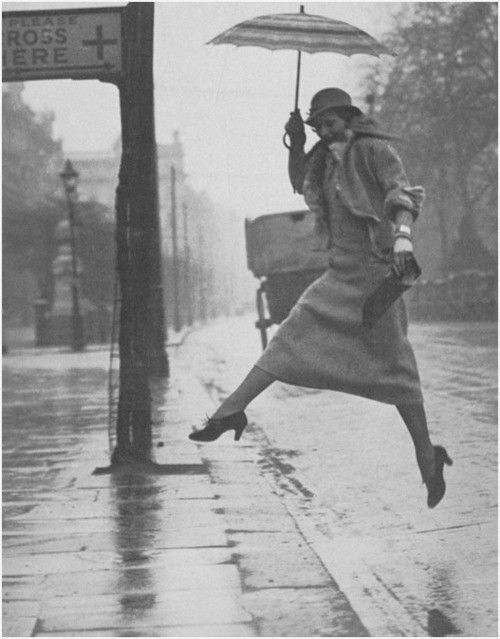Orson Welles's debut on the radio program The Shadow: "The Death House Rescue" (9/26/37)
- Sep 18, 2025
- 4 min read
Updated: Sep 20, 2025
Thursday 9/18/25
Orson Welles made his debut on the radio program The Shadow on September 26, 1937, when he was twenty-two, playing Lamont Cranston, whose alter ego was...well, it's not like that needs spelling out. Because you know--just like the Shadow!
These were early radio days for Welles, and things would happen fast from this moment on. Thirteen months later, he's doing "The War of the Worlds" with his Mercury troupe as I talked about on NPR, and minus that he might not have gone to Hollywood, and he almost certainly wouldn't have been allowed the degree of autonomy he had with Citizen Kane.
Without that autonomy, Kane very well could have been a film that didn't look much different than others at the time. It wouldn't have been the radical departure that it was with Welles and cinematographer taking what was tantamount to a punk approach to filmmaking--in terms of the slashing rebel spirit--crossed with the eye and hand of an Old Master painter. A film as "over-maker" of cinematic possibilities.
The Shadow was leaps lesser, but fun and strange, as I've discussed on the radio. It seemed to be supernatural--I mean, kind of, or probably, or something--but you're not sure and that's okay.
With the The Shadow we have Welles playing a part rather than being the creative driver himself, as with the Hugo adaptation and as he would be so often over the following years with the Mercury.
His first big radio production was the seven-part Les Misérables, broadcast from July 23 to September 3 of that same year of 1937, which I also gave a radio interview about, and it was a formidable achievement.
But Welles frequently appeared on radio as an actor in someone else's production throughout his career--like on Suspense, where his turn in Lucille Fletcher's "The Hitch-Hiker" resulted in one of the scariest radio episodes of all-time--and as late as 1954, when he played professor Moriarty opposite John Gielgud's Sherlock Holmes and Ralph Richardson's John Watson in "The Final Problem" on the BBC.
Shows like The Adventures of Harry Lime--which resurrects Welles's character from The Third Man--and The Black Museum--which is among our most grisly radio programs--are similar to The Shadow insofar as here's Welles, acting and not directing/shaping/bossing, save that they're from about fifteen years later.
Welles played Lamont Cranston (with Agnes Moorehead as his "companion" Margot Lane) until October 1938, by which time he had plenty of his own projects to keep him more than busy, and he effectively outgrew this show that has remained popular with radio enthusiasts.
In terms of being a radio auteur, Welles arrived basically fully formed, as Les Misérables attests. And of all the things that Welles did, radio may have been what he was best at. That or being Orson Welles--the talking, the storytelling, the humor, the insight, the charm, the humility, the confidence, openness, the range and depth of his mind.
But he also had a prodigious gift with literature. Writing, editing. Cutting. You know how a Gil Evans arranges a musical piece? Welles did that with texts. Lose this, move that, reverse the order of these things, etc. Not nearly enough is made of his literary talents.
There's also Welles' two-act 1955 play, Moby Dick--Rehearsed, a drama about actors who are supposed to be getting ready for King Lear, but whose director has them start running through a dramatic reading of Moby-Dick. And obviously he didn't write it, but in keeping with Moby-Dick, I'd like to mention Welles' performance as Father Mapple on The Ed Sullivan Show from July 1, 1956. Melville's inspiration for the character was Father Taylor, who preached at the church--a seaman's bethel--that is still right outside my door.
Radio--when Welles was helming his own projects--was a perfect medium for the maximization of these talents. He didn't write the "War of the Worlds" script, but in another sense he may well partly have, for all of his transformative input. Think, maybe, of Maxwell Perkins and Thomas Wolfe.
And consider Chimes at Midnight (also discussed on the radio): The screenplay is an editorial tour de force, a synthesizing shake-up of Shakespeare's sprawling Henriad. Welles was never more at home than he was within a Shakespeare play or set of plays; perhaps as at home, but Shakespeare was his guy and Welles got Shakespeare like few have. He was comfortable there, and could slice and dice as if he was working with the Bard and they were equal script partners. Read all of the Henriad and then watch Chimes at Midnight and you'll get a fuller sense for Welles's vision and understanding.
But all of that--well, bar Les Misérables--was later and The Shadow was first. The Shadow is sweet, pulpy delight, with Welles playing his part...grandly. Hokey sometimes, sure, but you can tell Welles dug doing it.
That first episode back in September 1937 was called "The Death House Rescue." Sure, you'll chuckle at parts, but it's hard not to get caught up in the thing. The spark of it, the energy, the comic book pluck, the mystery-kitsch, and a kind of figurative, three-chord airwaves freedom.



Comments